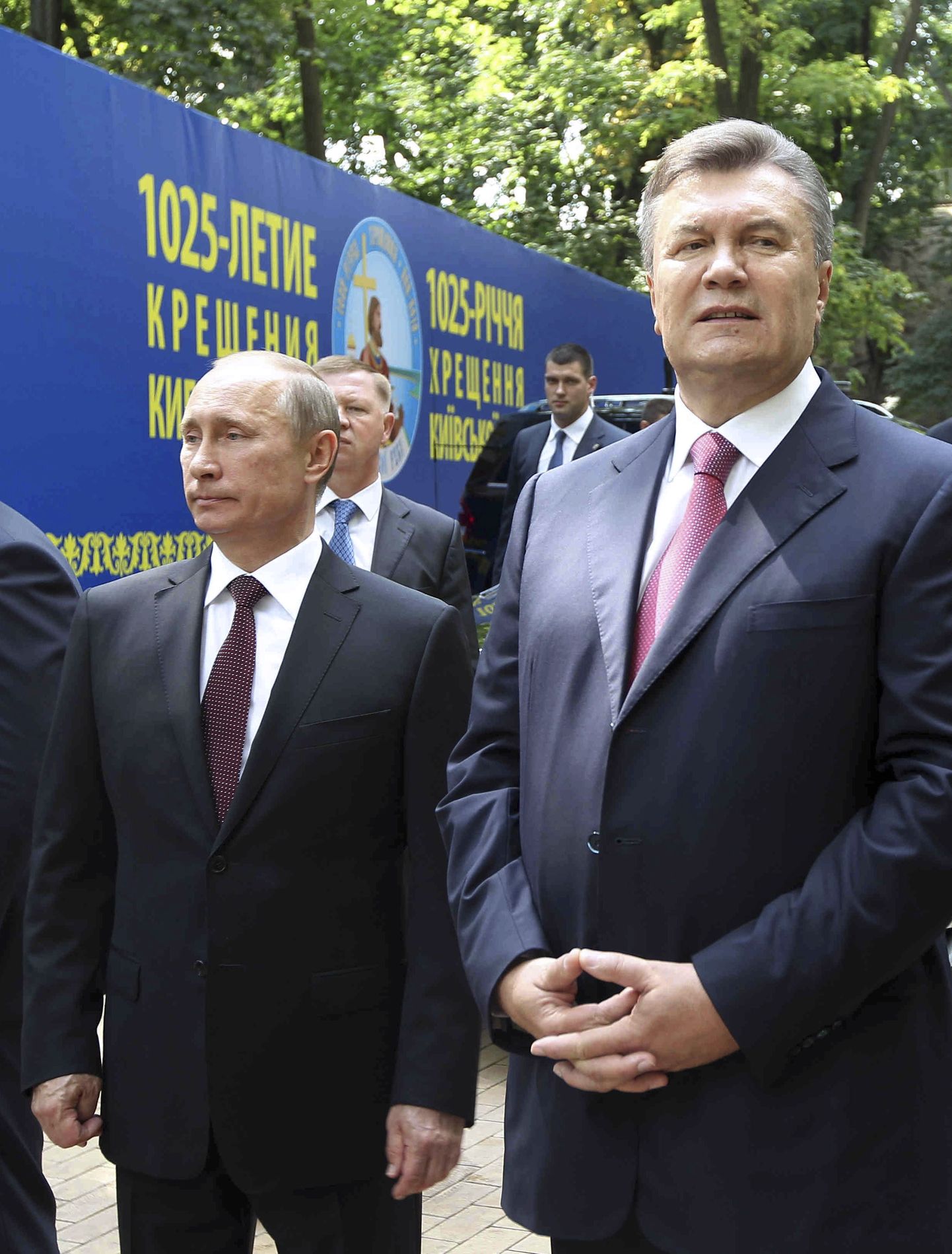In his article on Saturday (Ukraina Euroopa projekt PM AK November 23rd – European Project of Ukraine), Eerik-Niiles Kross quoted a similar idea by a certain Russian monarch, penned in 1911 (!) – all other regions are insignificant, but Ukraine shifting towards the West would undermine foundations of Russia as major power.
Authorities at Kremlin fear that, truly, this is the link between Russian Statehood and Ukraine; losing Ukraine would, at best, be followed by Russia’s slow decline. For us, such thinking might seem to border on insanity; even so, in politics, all is determined by current dominance of carriers of certain concepts.
Years ago, ambassador Sulev Kannike wrote pointedly in the journal Diplomaatia (Geograafia ja ideoloogia, Geography and Ideology): «In the Russian perception, Eurasia is not a continent, rather a bowl. In the middle, at the bottom of the bowl, there lies supine the Russian Bear; down the edges of the bowl, throughout history, a never-ending stream of enemies keeps sliding unto its belly. The Bear is waiving its paws, in its attempt to push the enemies back up. Nevertheless, the eternal power of ‘geographical gravity’ breeds fear that at a certain point the Bear may become exhausted. To be explained, geography and fear need no ideologies; these are perceived as facts of nature.»
